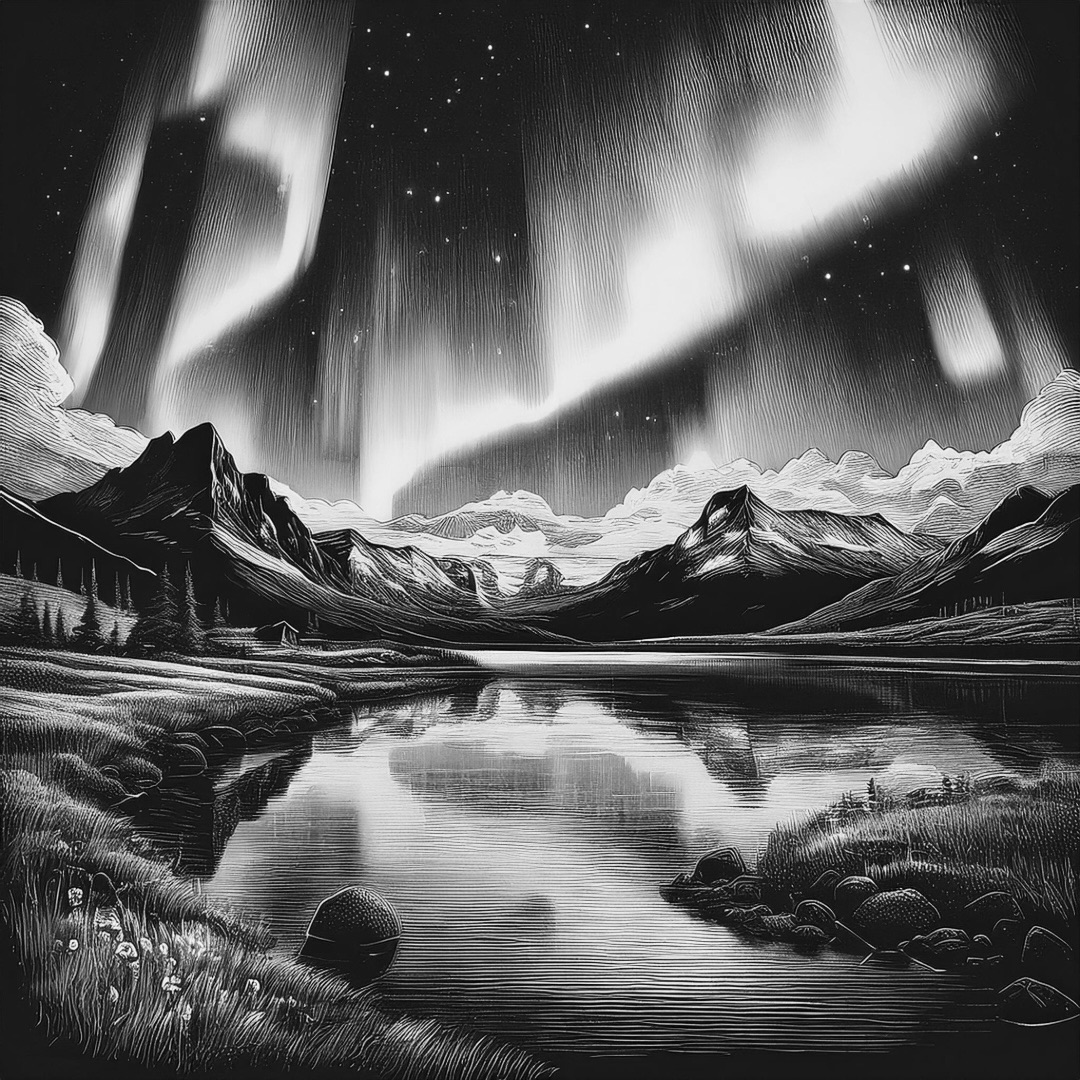BIRMINGHAM, Ala. — Alabamians may get a rare chance to witness one of nature’s most mesmerizing displays this weekend as the northern lights, or Aurora Borealis, are predicted to be visible as far south as the Yellowhammer State.
A geomagnetic storm caused by two recent solar eruptions could push the aurora’s glowing bands of light much farther south than usual, lighting up skies across parts of the southern United States, including Alabama, from October 4 to 6. Typically reserved for northern latitudes like Alaska and Canada, the aurora might be visible to those in states like Alabama under clear skies and away from city lights.
The event stems from a strong G3-class geomagnetic storm, triggered by powerful solar flares and coronal mass ejections (CMEs) earlier this week. According to the National Oceanic and Atmospheric Administration (NOAA), the charged particles released by the sun interact with Earth’s magnetic field, creating the vibrant colors that make up the northern lights. These collisions release energy in the form of light, appearing in hues of green, purple, and sometimes red.
While it’s not every day Alabama residents can catch the northern lights, this weekend offers a unique opportunity. “The timing and strength of the storm make it possible for auroras to stretch much farther south than usual,” said a NOAA spokesperson.
For those hoping to catch a glimpse, the best time to look is between 10 p.m. and 2 a.m. local time, according to space weather experts. Clear, dark skies away from light pollution will offer the best views. However, forecasters caution that predicting the exact visibility can be tricky, and the aurora may only appear in short bursts of 15 to 30 minutes.
It’s a spectacle that brings science and wonder together, reminding residents of Earth’s direct connection to solar activity. With two massive solar eruptions hurtling particles toward Earth, the usually elusive northern lights may offer an unexpected light show in Alabama skies.

